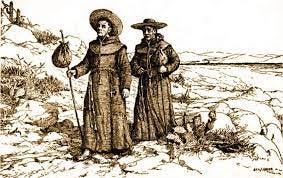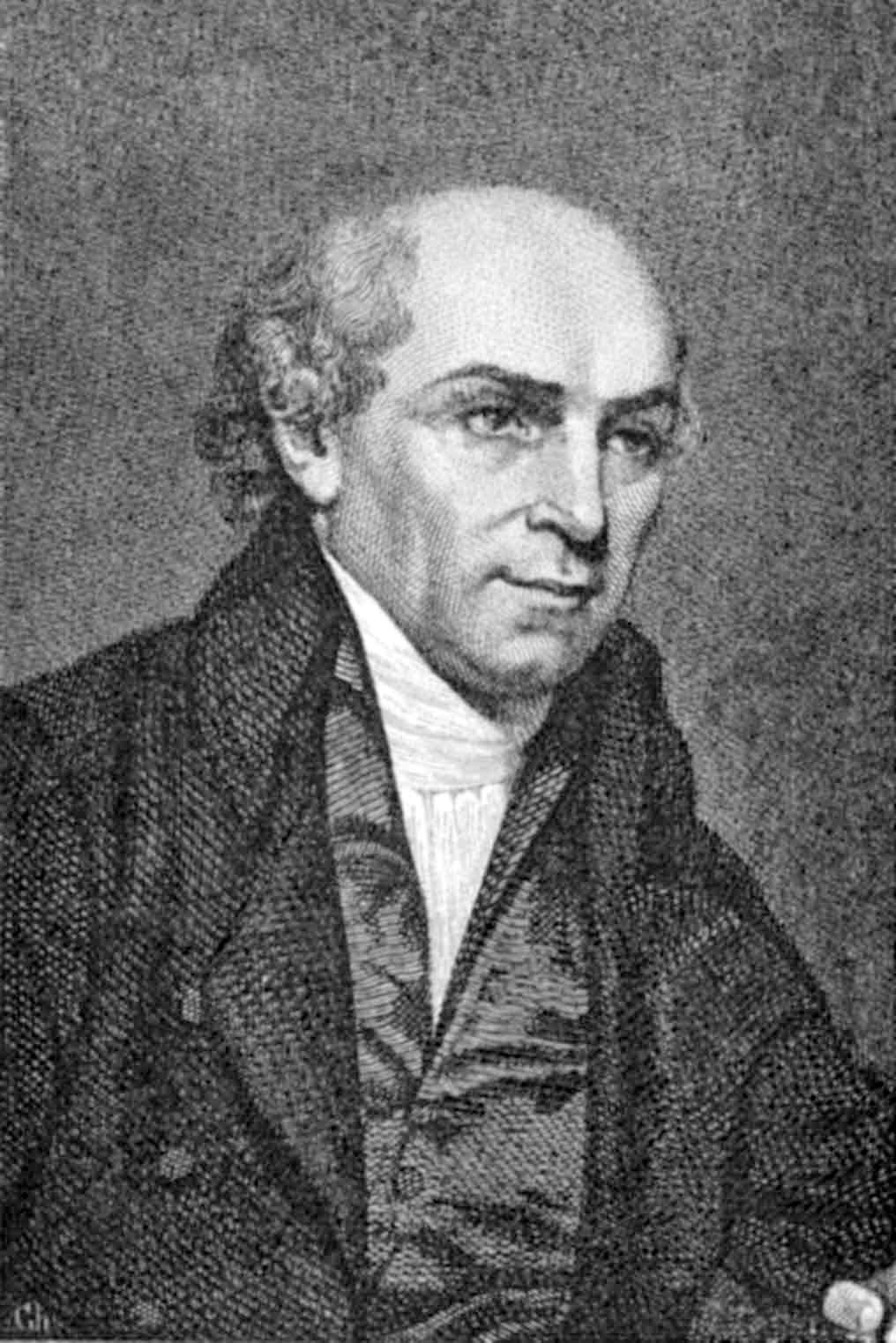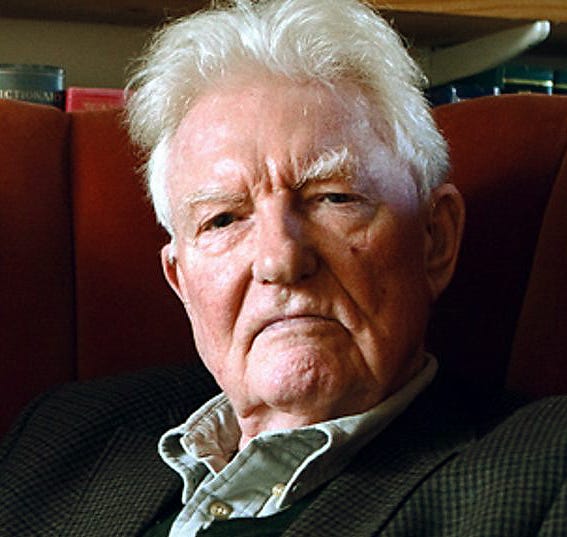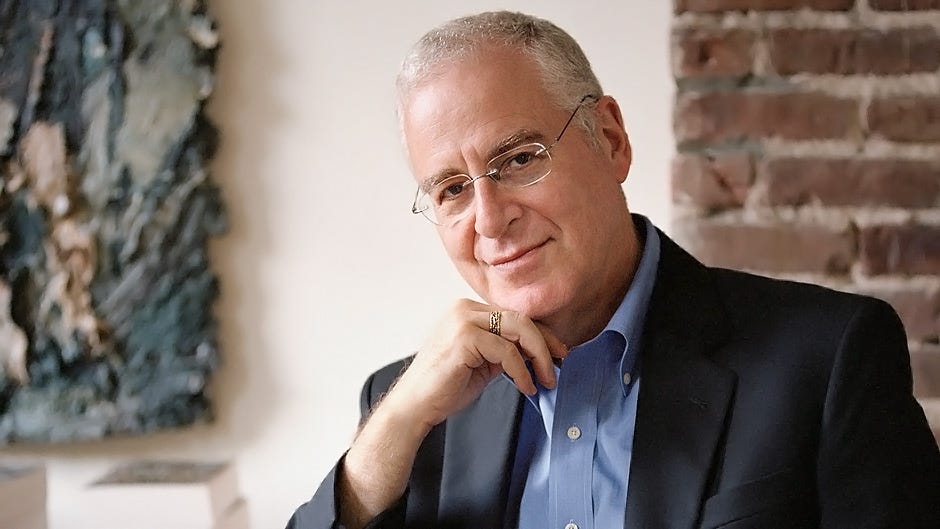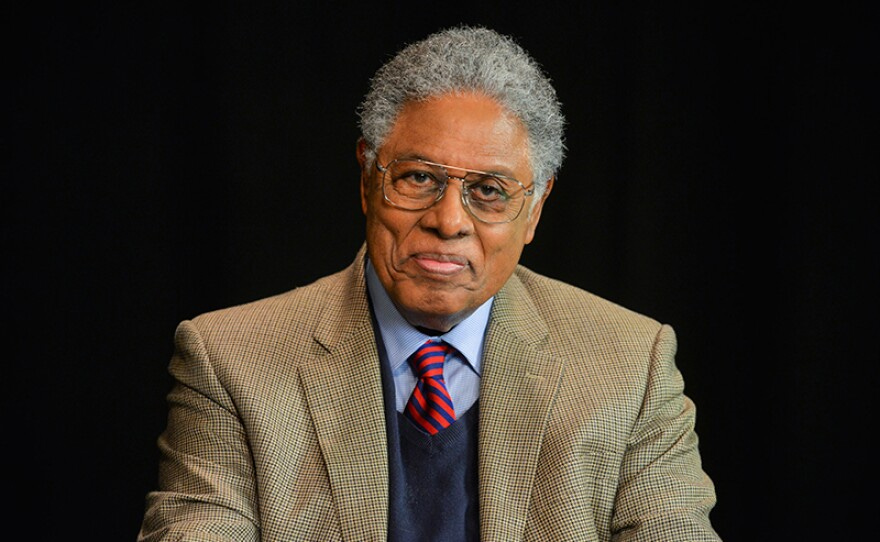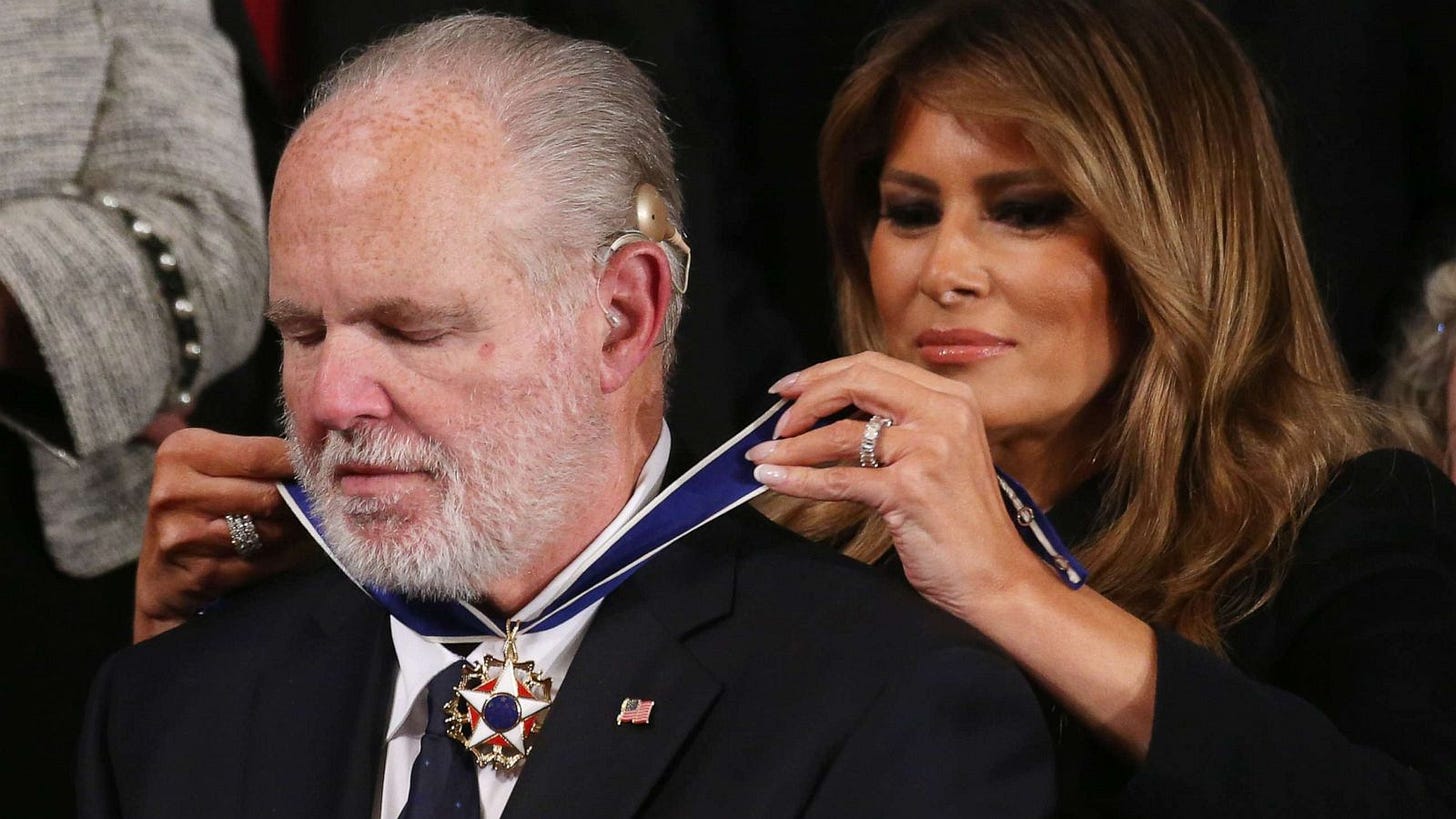Professionals vs. Populists: The Enduring War
The professional elites protecting their turf is nothing new.
As England came to have an empire in the late 1700s, acquiring for the first time of various ports around the world and seizing operational control of India, a struggle developed in perhaps an unexpected place: Britain’s churches.
The subject was, well, the subjects. How were they to be treated? Obviously the government had its own ideas, none of them involving citizenship. But the churches had a different challenge. Were the mostly brown, yellow, and black-skinned people who came under Britain’s dominion fully human, and if so were they not only worthy of salvation but required to hear the gospel? Or were they sub-human heathen incapable of being saved?
Britain’s churches answered this in short order. They were heathen who absolutely needed the gospel and could be saved. This decision was reached by the 1780s at the latest. Of course, Spain in the 1500s had sent Jesuits and other Catholic priests along to “Christianize” the Mexican, Caribbean, and South American Indian tribes. Those were forcible conversions.
The British Christians decided there would be no program of forced conversions, anywhere. Eventually, after the Indian Mutiny of 1857, Queen Victoria would proclaim “Firmly relying on the truth of Christianity and acknowledging the solace of religion, we disclaim alike the right and the desire to impose our convictions on any of our subjects,” including those overseas.
Well before that, however, individual Christians, such as William Carey and David Livingston, set off to preach the gospel in India and Africa. They epitomized a struggle that was arising within Britain’s churches as to how, exactly, to missionize natives. “Voluntarists” didn’t wait for formal orders or answers. They set off on their own, to the great irritation of the church leaders. This marked one of the first battles in the modernizing world between a professional class and a populist class.
Established preachers such as Sidney Smith blasted the volunteers as “little detachments of maniacs,” “the lowest of people,” and likely insane. (This turned out to be an ironic claim, given that William Carey in India suffered from depression and his wife went raving made literally on the day of Carey’s first native baptism!
But England founded the Baptist Missionary Society in 1792 and the Anglicans added the Church Missionary Society in 1799. Both raced to control the dissemination of the gospel by the untrained, establishing procedures for teaching, vetting, and ordaining missionary ministers and their wives. (Over time, the large majority of missionaries would be women). But the voluntarists didn’t wait, often setting up their own institutions. As one historian of the movement noted, “they were innovators, creating . . . as they went . . . driven by a God-intoxicated opportunism.” Seeing a “glorious door opened by God [the volunteer missionary] walked right through it, leaving the details of bureaucratic support for his mission to be worked out as he walked.”
I know. You’re saying, “Schweikart, what the heck does this have to do with anything today?” A lot.
Indeed, I was impressed by how relevant this is last week when the great “pop” historian Paul Johnson died. I use the term “pop” because he was not a professor or official academic historian. Yet he wrote more good history than 99% of English or American academics. And therein lies the problem. Ol’ Paul was out of their control, as are similar writers such as Ron Chernow or the late Stephen Ambrose.
Johnson was a masterful and thorough researcher who seemed to have a photographic mind. But Paul Johnson was more than a mere story-teller/synthesizer: he routinely offered up deep and provocative analysis of different events, for example claiming JFK didn’t go far enough in demanding a demilitarized Cuba in the wake of the Missile Crisis, or in saying that the “draw” that emerged from the War of 1812 enabled England and America to have that “special relationship.”
And Chernow? He is merely the best American biographer since Allan Nevins.
I recall discussing George Gilder with a friend of mine who taught at an Ivy League school. For the record, he is a genius. But he was completely dismissive of Gilder.
Sowell probably hurt himself by not keeping at least a toe in academics, as did Milton Friedman. Free to Choose was a pop economics hit and masterful economics lesson for the great unwashed, but virtually every scholar who has ever written anything on banking and finance in America still had to cite Friedman’s Monetary History of the United States. Sowell, however, never developed that core body of academic work that would at least force scholars to deal with him. Every once in a while a conference will discuss Sowell’s Knowledge and Decisions. Still, his Basic Economics, Economics and Politics of Race, and so many others were precisely what the economics profession should be doing: educating in real, ordinary language instead of charts and massive data streams. (Well back in the 1980s the Journal of Economic History—-not the word “history”—-quit accepting any papers that did not have heavy amounts of math and equations in them.)
Thus, few academics ever cite Chernow, Gilder, Sowell, or sociologist Charles Murray. Neither George Gilder nor Sowell, easily America’s top two “pop” economists (now that Warren Brooks has passed away) are considered “serious” voices by those in academia, even conservatives.
This led me to realize that like the volunteer missionaries, who “walk through the glorious door” and leave others to work out the details, pop historians and economists are resented both for their monetary success and fame and for their big-picture approach. It doesn’t seem fair to academics, who toil to make small (but often critical) points with masses of research that someone like Sowell can arrive at a conclusion intuitively.
This was also what led academics to dislike Rush Limbaugh so much: he “got it” without much effort, because he knew human nature and what it would produce under most circumstances.
The Professional vs. Populist battle continues: right now only Chernow, Gilder, and Sowell (perhaps Charles Murray fits in this group) remain as big names, and they won’t be around forever. The field is wide open for a new crop of populist biographers, historians, economists, and sociologists to take the stage and remind the so-called professionals who the real teachers are.
Larry Schweikart
Rock drummer
Film maker
NYTimes #1 bestselling author
Political pundit
For even more truth-based current events, politics, and history content + resources, check out my VIP membership below
https://www.wildworldofhistory.com/vip
(I am told we have a “Buy Me Coffee” button for donations . . . somewhere).



